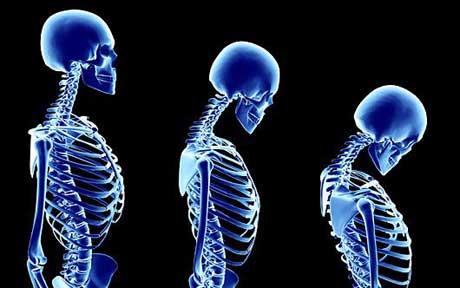
5 Tips to Prevent Osteoporosis
Osteoporosis is the result of the body’s inability to form new bone or the process in which bone is gradually resorbed by the body. As a result, bones become thin and weak, contributing to a heightened susceptibility to developing fractures and broken bones. Fortunately, the following healthy lifestyle choices can promote strong bones and overall health.
Eat a healthy diet
A diet that consists of plentiful fruits and vegetables aids in the development of strong healthy bones. Incorporate foods that are calcium-rich and full of vitamin D such as leafy greens, soy, peppers, and raw fish. If you’re having trouble incorporating these essential nutrients in your diet, use supplements to ensure that your bones are receiving the vitamins they need.
Exercise regularly
Whether you are diagnosed with osteoporosis or not, living an active lifestyle is important to supporting bone health. If you have osteoporosis it is important to target the areas that are especially brittle and susceptible to fracture. Evidence suggests that strength-training and resistance-training activities are beneficial for individuals with osteoporosis. If your condition is severe, partnering with a physical therapist can help you plan a proper exercise regimen.
Quit smoking and drinking soda
Drinking caffeinated soft drinks leeches calcium from bones and interferes with the absorption of vital bone-supporting nutrients. According to the National Osteoporosis Foundation, 330 mg of caffeine daily, or the equivalent of four caffeinated beverages, increases your risk of fractures. Furthermore, the toxins in cigarette smoke have a similar effect on bone density. The release of free radicals such as nicotine into the body triggers an attack on the body’s natural defense system, ultimately causing bone breakdown.
Relieve stress
Stress is especially hard on the body, including the bones. When you feel stress, your adrenal glands increase cortisol production. Excessive cortisol has been linked to a loss in bone density. Eliminating stressful factors in your life will aid in the repair of destructive processes on the body and the mind. It is important to practice stress management strategies such as meditation or practicing yoga to improve your mood and overall happiness. Participating in a weekly hobby you enjoy, such as painting or riding a bicycle, can drastically improve your general well-being.
Educate yourself
Protecting yourself from osteoporosis starts with you. Be proactive about your health by learning about risk factors and common symptoms. Osteoporosis has a genetic component; if a family member has osteoporosis you may be predisposed to this condition. Learn how to read the results of your bone density test to understand whether or not you have this condition. If you are diagnosed understanding your results will aid in developing a proper treatment plan.
